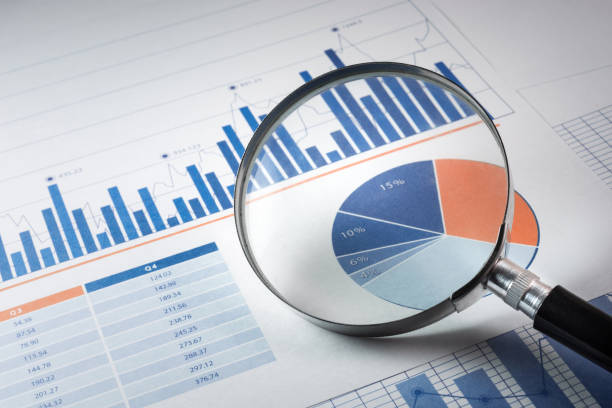Economic Pulse-Taking: Unleashing the Power of Economic Surveys for Growth Assessment
A Comprehensive Guide to Designing, Conducting, and Interpreting Economic Surveys for Effective Economic Growth Analysis

Achieving Economic Growth via Conducting an Effective Economic Survey
Economic surveys are essential for assessing the state of the economy, spotting patterns, and guiding policy choices. A well-designed economic survey can offer insightful information about the causes of economic expansion, the difficulties that consumers and businesses face, and the state of the economy as a whole.
Critical Steps in Performing a Successful Economic Survey

1. Define the Objectives: Clearly state the survey's goals, including measuring the effects of particular policies, assessing the status of the economy, and gauging business sentiment.
2. Determine Who the Target Audience Is: Identify the precise subset of responders who are able to offer accurate and pertinent information. This could apply to companies, customers, professionals, or public servants.
3. Construct the Survey Tool:
Make sure your questionnaire is easy to read, concise, and clear. To collect a variety of viewpoints, use a variety of question types, including multiple-choice, open-ended, and rating scales.
Gather Information: Select a suitable technique for gathering data, such as telephone, in-person, or online surveys. Put verification processes in place to guarantee data quality.
4.Analyze and Interpret the Data: To analyze the gathered data, apply statistical procedures and data visualization strategies. To get at insightful conclusions, look for trends, patterns, and correlations.
5.Communicate Findings: Make sure you give the survey results in an understandable, succinct, and clear way. To effectively convey important findings to the public, businesses, and policymakers, use infographics, graphs, and charts.
Improving Economic Surveys' Effectiveness
Pilot Testing: Perform pilot testing to improve the system before implementing it widely.
Sample Size: Choose a suitable sample size to guarantee that the target population is statistically representative.
Encourage Participation: To boost response rates and encourage participation, provide rewards like gift cards or discounts.
Data Security: To safeguard sensitive information obtained from the survey, put strong data security measures in place.
Continuous Improvement: To find areas for improvement and adjust to shifting economic conditions, review and assess survey methods on a regular basis.

When done well, economic surveys offer insightful information about the dynamics of economic growth, empowering businesses, individuals, and policymakers to make choices that support a healthy economy. Economic surveys can be effective instruments for comprehending the economic environment and promoting sustainable growth if they adhere to these rules.












































































































































































































